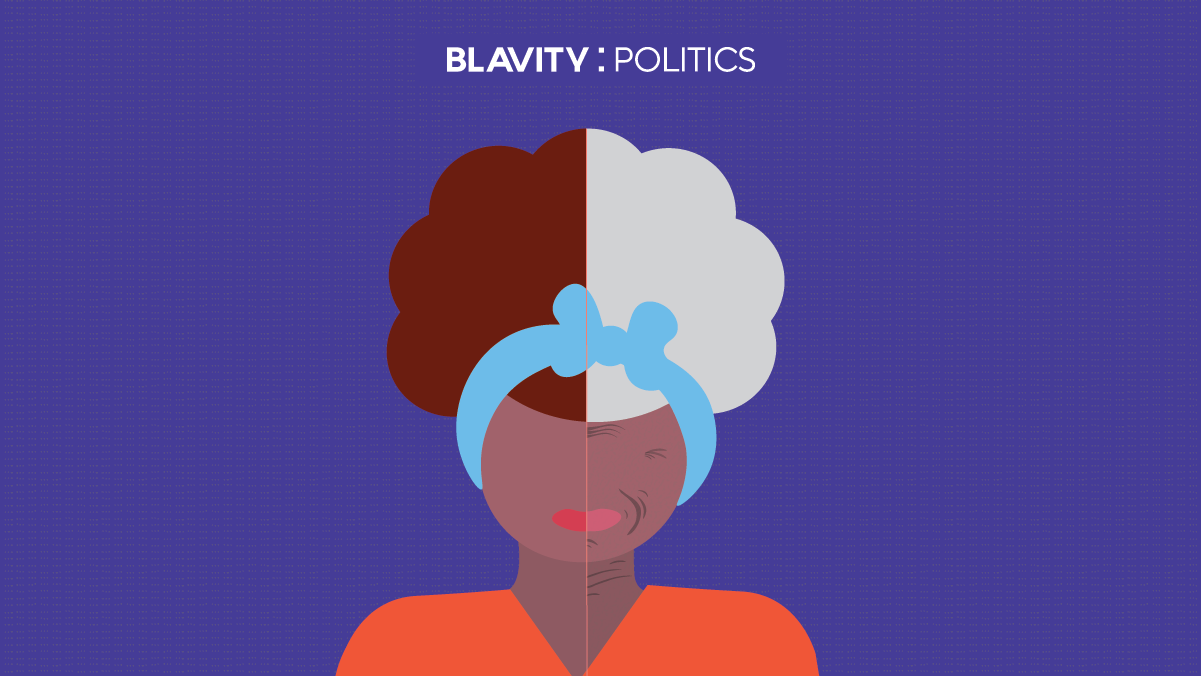Every few months, there is a new social media trend that captivates everyone from celebrities to our grandparents. A new app comes out that requires access to our photos or cloud, and we click “I agree” when presented with the terms and conditions without even giving it a second thought.
What is it about viral content that makes us throw caution to the wind? Is it a need for community and the desire to be a part of this “cool thing” that everyone appears to be doing that has created a culture of just not caring about privacy protection? Or is it that, through the years and government and corporate invasiveness, the desire for privacy is being eradicated and replaced with instead a desire to be noticed?
In recent weeks, the FaceApp resurfaced with an aging filter that flooded social media feeds. The FaceApp, the product of a Russian technology company, began to raise alarms once the details of its terms and agreements were reported. The agreement states,
You grant FaceApp a perpetual, irrevocable, nonexclusive, royalty-free, worldwide, fully-paid, transferable sub-licensable license to use, reproduce, modify, adapt, publish, translate, create derivative works from, distribute, publicly perform and display your User Content and any name, username or likeness provided in connection with your User Content in all media formats and channels now known or later developed, without compensation to you.
This invasive contract did not steer people away from using the app, and why would it? We all have a level of apathy when it comes to protecting our privacy, or maybe it's more nihilism and we see the right to privacy as something we've already lost.
Although I’m a millennial, untrue to the stereotype, I’m not quick to hop on social media trends. I’m a big fan of privacy, and I fear that, in a society where social media has become so entrenched in our lives, there is a level of apathy around surveillance that has developed. The FaceApp is one of the most recent examples of this but is, by far, not the only.
Every day, millions of people go on social media and share their data. In essence, social media is a tool for data sharing. While there is nothing inherently wrong with that, the problem arises once that data is monetized and also used by governments for surveillance. It may sound like just an episode of Black Mirror, but facial recognition paired with government surveillance has become a method of control implemented by governments under the guise of safety.
Data breaches happen all the time, just ask Equifax.
The public should be concerned with apps, like FaceApp and other similar apps, because the amount of power and ownership a company can have over one's data, coupled with biometrics and artificial intelligence, could give any episode of Black Mirror a run for their money.
There are those in office who agree; Senator Minority Leader Chuck Schumer called on the FBI and FTC to take a look into whether photos could be shared with foreign governments. “FaceApp’s location in Russia raises questions regarding how and when the company provides access to the data of U.S. citizens to third parties, including potentially foreign governments,” Schumer wrote in his request to the FBI. The Democratic National Committee has urged 2020 presidential candidates to stay away from using FaceApp with concerns of foreign government election tampering.
Maybe this is a good time to shut down the discussion of using facial recognition for voting?
Look, I’m not saying we need to all steer clear of social media. What I am suggesting is that we pay more attention to terms and conditions and demand our representatives to do more to hold these companies and themselves accountable for protecting our privacy.
